Ecosystems: Interactions, Energy, and Dynamics

Educators and Parents, Sign Up for The Cheat Sheet
Weekly updates to help you use Science News Explores in the learning environment
Thank you for signing up!
There was a problem signing you up.
-
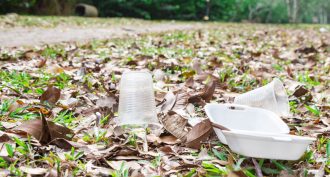 Environment
EnvironmentTeens use science to worm through plastic waste
Some beetle larvae can eat plastic, which might be good for our pollution problem. But which types eat the most can vary a lot, these young scientists find.
-
 Physics
PhysicsGravity waves are seen again
Four months after scientists announced the first detection of gravity waves, another set of ripples in spacetime have emerged. The new ones come from the clash of mid-size black holes in the distant universe.
-
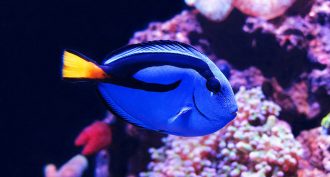 Animals
AnimalsCatching ‘Dory’ fish can poison entire coral reef ecosystems
More than half of saltwater-aquarium fish sold in the United States may have been caught in the wild using cyanide, new data show.
-
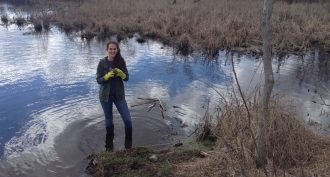 Environment
EnvironmentFighting big farm pollution with a tiny plant
Fertilizer runoff can fuel the growth of toxic algae nearby lakes. A teen decided to harness a tiny plant to sop up that fertilizer.
-
 Archaeology
ArchaeologyNeandertals: Ancient Stone Age builders had tech skills
Neandertals built stalagmite circles in a French cave 176,500 years ago. These structures show that these ancient human cousins had social and technical skills.
By Bruce Bower -
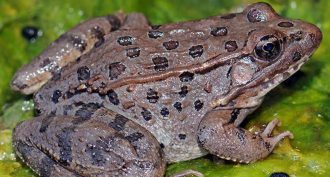 Genetics
GeneticsWhy some frogs can survive killer fungal disease
A disease is wiping out amphibian species around the globe. New research shows how some frogs develop immunity.
-
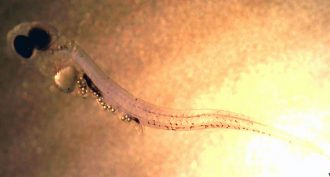 Environment
EnvironmentUh oh! Baby fish prefer plastic to real food
Given a choice, baby fish will eat plastic microbeads instead of real food. That plastic stunts their growth and makes them easier prey for predators.
-
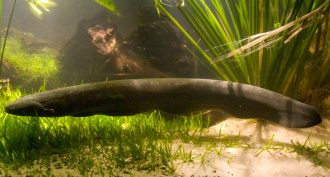 Animals
AnimalsThe shocking electric eel!
Electric eels are fascinating animals. Their powerful zaps can act like a radar system, trick fish into revealing their location and then freeze their prey’s movements.
By Roberta Kwok -
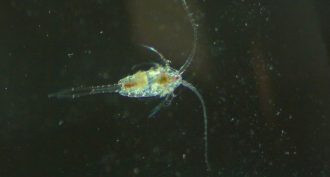 Animals
AnimalsEating toxic algae makes plankton speedy swimmers
After slurping up harmful algae, copepods swim fast and straight — making them easy prey for hungry predators.
-
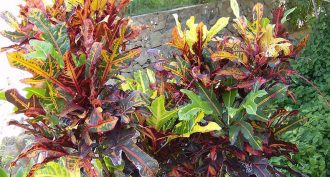 Health & Medicine
Health & MedicineCommon plant could help fight Zika virus
A teen discovered that extracts from leaves of the San Francisco plant (Codiaeum variegatum) kill larvae of the mosquito that helps spread the Zika and dengue fever viruses.
By Sid Perkins -
 Earth
EarthHow ancient African fish feed today’s Amazon
Many of the world’s lushest tropical forests would starve if winds didn’t bring them nutrient-rich dust from across an ocean.
By Douglas Fox -
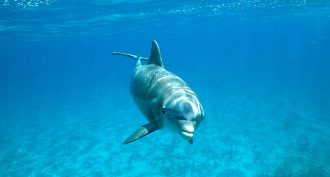 Animals
AnimalsSnot may be key to dolphins’ tracking of prey
Dolphins produce clicking noises that bounce off of prey, like sonar, showing where they are. Mucus in the animals’ nasal passages may make that ‘sonar’ work.